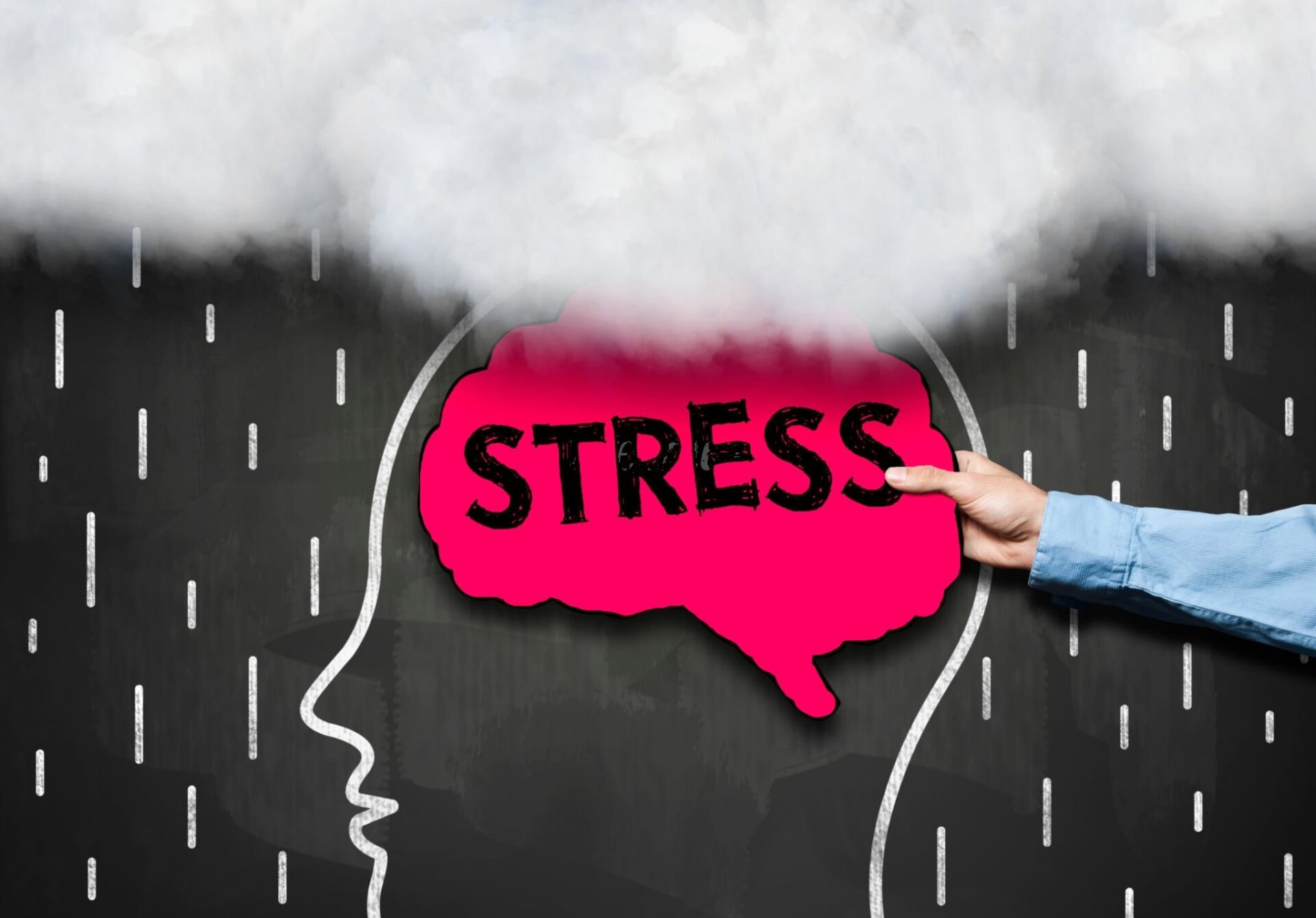Stress Management: Strategies for Reducing Stress and Improving Mental Health in Daily Life

Stress is a common experience for many people in today’s fast-paced world. It can take a toll on both our physical and mental health, leading to a range of symptoms such as headaches, fatigue, anxiety, and depression.
To live a happier and healthier life, it’s important to learn effective stress management strategies.
In this article, we’ll explore some of the best ways to reduce stress and improve your mental health.
Understanding Stress

Before we dive into stress management strategies, it’s important to understand what stress is and how it affects our bodies.
Stress is a normal response to challenging situations, and it can be beneficial in small doses. However, when stress becomes chronic, it can lead to negative health outcomes.
Stress activates the “fight or flight” response in our bodies, releasing hormones like cortisol and adrenaline that increase our heart rate, breathing rate, and muscle tension.
This response is designed to help us deal with danger, but when it becomes chronic, it can have long-term effects on our bodies and minds.
Strategies for Reducing Stress

There are many ways to reduce stress and improve mental health.
Here are some of the most effective strategies:
Exercise
Regular exercise is one of the best ways to reduce stress and improve mental health. Exercise releases endorphins, the “feel-good” hormones that help to reduce feelings of stress and anxiety.
In addition, physical activity helps to reduce tension in the muscles and improve sleep, both of which can contribute to a better overall sense of well-being.
Mindfulness
Being mindful is paying attention to your thoughts, feelings, and experiences in the current moment. It’s a powerful tool for reducing stress and improving mental health.
There are many mindfulness techniques, such as meditation, yoga, and deep breathing, that can help you develop a more relaxed and focused state of mind.
Time Management
Time management is a critical component of stress management. When we feel like we don’t have enough time, it can lead to feelings of overwhelm and stress.
To reduce stress and improve mental health, it’s important to prioritize your tasks, set realistic goals, and make time for the things that matter most to you.
Social Support
Social support is essential for reducing stress and improving mental health.
Connecting with others, whether it’s through friends, family, or a support group, can help to reduce feelings of isolation and provide a sense of belonging.
It’s important to develop strong, supportive relationships and seek help when needed.
Self-Care
Self-care is critical for reducing stress and improving mental health. This includes taking care of your physical, emotional, and spiritual needs.
Some self-care activities include:
- Getting enough sleep
- Eating a healthy diet
- Staying hydrated
- Taking breaks from technology
- Engaging in hobbies and interests
Conclusion
Stress can take a toll on our physical and mental health, but it’s possible to reduce stress and improve mental health with the right strategies.
Whether it’s through exercise, mindfulness, time management, social support, or self-care, there are many ways to reduce stress and improve your overall well-being.
By making these practices a part of your daily routine, you can learn to manage stress and lead a happier, healthier life.
